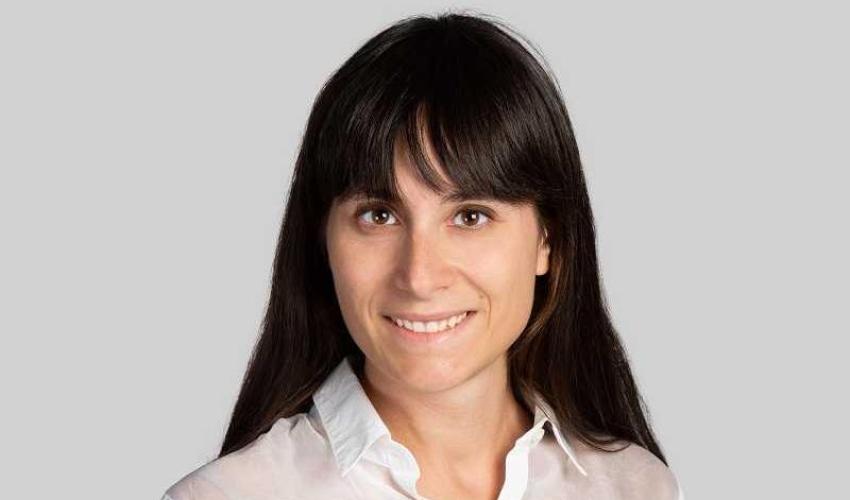
In a political system that rewards men, women's quotas are useful
A RESEARCH PAPER ON THE SWISS ELECTORAL SYSTEM BY GIULIA SAVIO, POSTDOCTORAL RESEARCHER AT THE AXA RESEARCH LAB FOR GENDER EQUALITY, SHOWS HOW ALLOCATING SEATS TO WOMEN AVOIDS PANACHAGE IMBALANCESIt is in the sites of power that the gender gap persists and is strongest. Among these, politics is the terrain of choice: few countries in Europe can boast a fair percentage of women in the positions that count. The delicate and important relationship between politics and gender and the differences in political performance between women and men are the focus of the research work of Giulia Savio, a post-doc at Bocconi’s AXA Research Lab on Gender Equality. The gender gap in social power has often brought to the fore the debate on female quotas in politics, also in Italy.
In one of her works, “Does Panachage Backfire on Women? Monitoring Gender Gaps in an Open List System”, Giulia Savio considers the Swiss electoral system, where there is a mechanism called panachage, i.e. the possibility of voting for a list by adding names of candidates from other lists (for Italy, it is conceptually similar to split voting). The researcher demonstrates how, in systems designed in this way, women's quotas can really be useful to mitigate the gender imbalance.
The study highlights how women candidates perform similarly to men in attracting voters of their own party, while they have lower results when it comes to gathering preferences of voters of other parties (i.e. through panachage). “This happens both because women often have smaller personal networks, also due to a shorter job history on average, and because male voters – who are also more likely to vote for candidates of other camps – tend to vote for male candidates”. But lower results for women in the panachage system also have another implication, which further adds to the gender gap: "Since the electoral system favors parties that do well in panachage, in the medium term, male candidates tend to be preferred over female candidates when it comes to draw up the electoral lists".
It is here, therefore, that women's quotas can come into play in a useful way, by safeguarding seats that would have otherwise been a male prerogative, due to the way in which the electoral system is conceived. Not only that, but "a cultural operation to push candidates to improve their personal networks, and inform voters of the presence of this gender bias in the panachage system, is also fundamental".
One question, however, remains crucial. Is gender representation in politics just a matter of fairness? The answer is no. As the researcher points out in “Gender Preferences of Leaders: Reaction in Time of Crisis”, which she co-authored, women politicians – compared to men – tend to express the interests of under-represented classes of citizens, including children. The article demonstrates how, before the pandemic, Italy’s female mayors invested a greater portion of public spending in child care and kindergartens that their male counterparts, a trend also observed in other countries.
by Andrea Celauro
